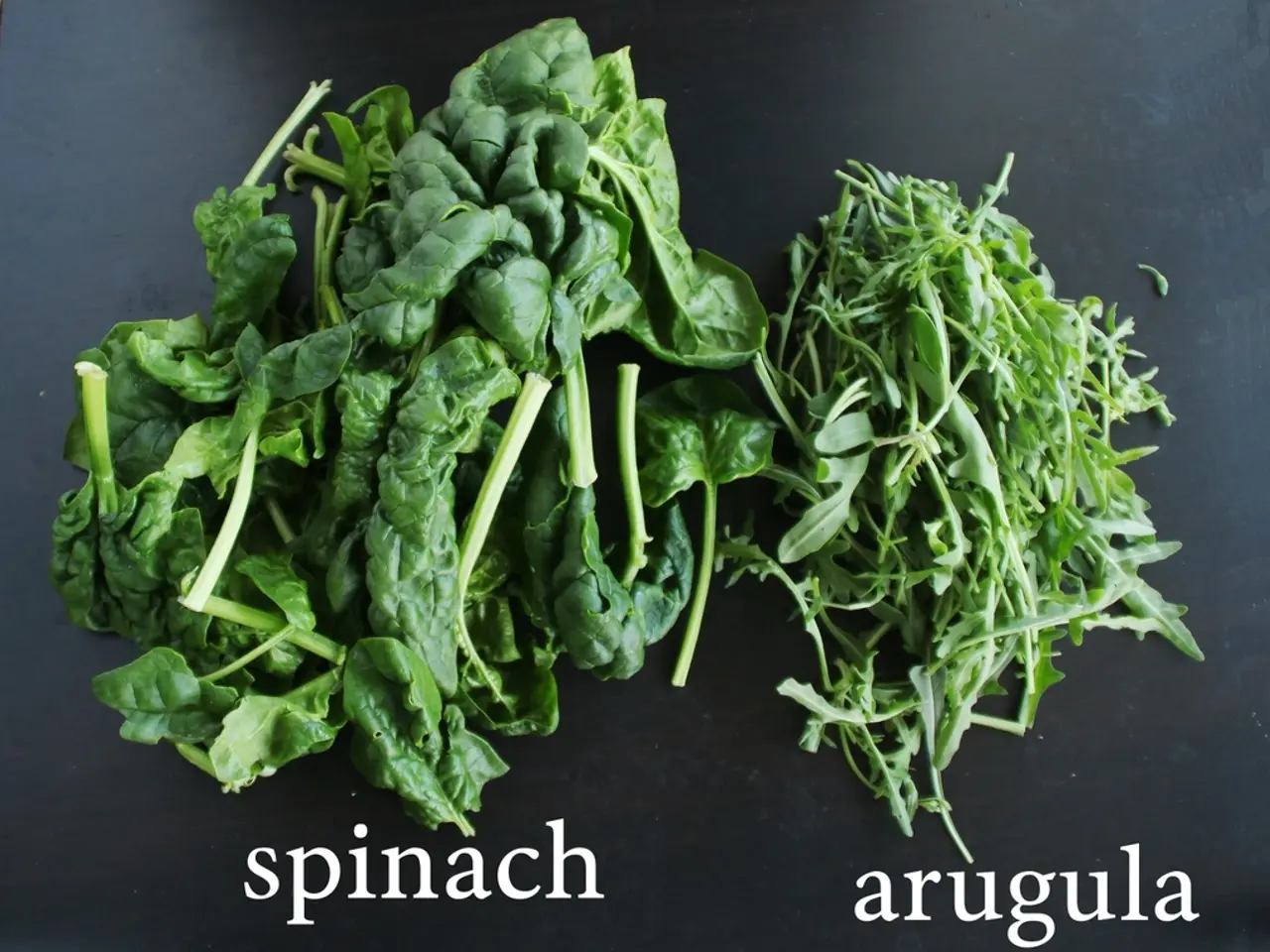Molybdenum Use, Nutritional Guidelines, and Further Insights
Molybdenum, a trace element essential for human health, plays a crucial role in various enzyme functions and metabolism. However, consuming excessive amounts can lead to serious health risks.
Trace amounts of molybdenum are found in drinking water, while the primary sources of this nutrient are soil, plants, and meat. Legumes, whole grains, nuts, beef liver, leafy vegetables, and dairy products are rich in molybdenum. The amount of molybdenum in a plant food may depend on the amount of molybdenum in the soil and the water used for irrigation.
The Recommended Dietary Allowance (RDA) for molybdenum varies by age and pregnancy status. Anyone who thinks they may not be getting enough molybdenum through their diet should discuss this with a healthcare professional.
While molybdenum is critical for processing proteins, genetic material, and breaking down toxic substances in the body, intake above safe upper limits poses serious health risks. High molybdenum intake can lead to gastrointestinal distress, neurological effects, liver and kidney damage, and long-term depressive syndrome. In extreme cases, it can be lethal.
Regulatory agencies have set low maximal limits of molybdenum in drinking water to prevent these adverse effects. For example, the U.S. EPA limit of molybdenum in drinking water is 40 μg/L.
In rare cases, a genetic disorder called molybdenum cofactor deficiency can cause deficiencies. This condition prevents the body from synthesizing molybdopterin and sulfite oxidase, leading to severe seizures and neurological damage. Deficiencies are so rare that supplementation without medical advice is not recommended.
Molybdopterin, the form in which molybdenum exists in the body, is found in the liver, kidneys, adrenal glands, and bones. High levels of molybdenum may increase the risk of gout-like symptoms and high uric acid levels in the blood for individuals exposed to high levels of molybdenum in the environment.
Despite its importance, there is currently little evidence to suggest that people need to supplement molybdenum. Most people do not need molybdenum supplements unless a healthcare professional recommends them for a specific medical reason.
In conclusion, while molybdenum is a critical nutrient, it is essential to maintain a balanced intake to avoid potential health risks. Always consult a healthcare professional before making any significant changes to your diet or supplement regimen.
- Apart from food sources like legumes, whole grains, nuts, beef liver, leafy vegetables, and dairy products, trace amounts of molybdenum can also be found in drinking water.
- In case you suspect an inadequate intake of molybdenum through your diet, it is advisable to consult a healthcare professional.
- Though molybdenum is essential for various enzyme functions and metabolisms, excessive intake can lead to serious health issues such as gastrointestinal distress, liver and kidney damage, and long-term depressive syndrome.
- In the realm of science, molybdenum plays a key role in processing proteins, genetic material, and breaking down toxic substances in the body.
- In certain medical-conditions, such as molybdenum cofactor deficiency, genetic disorders can arise, causing deficiencies and potentially leading to severe seizures and neurological damage.
- Adequate eye-health, mental-health, and skin-conditions can also be supported by maintaining a balanced diet rich in nutrients, alongside supplements like CBD where recommended by a healthcare professional.
- As chronic-diseases like chronic-kidney-disease and respiratory-conditions may require specific therapies-and-treatments, it is essential to collaborate with healthcare professionals in managing diet and supplement choices alongside these conditions.
- Nutrition, and overall health-and-wellness is about striking a balance – ensuring necessary nutrients but also being mindful of potential risks, with the help of expert guidance.




